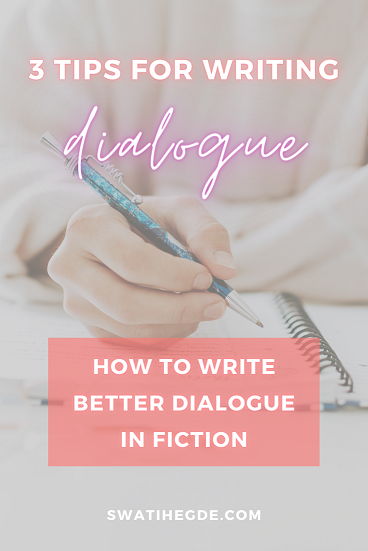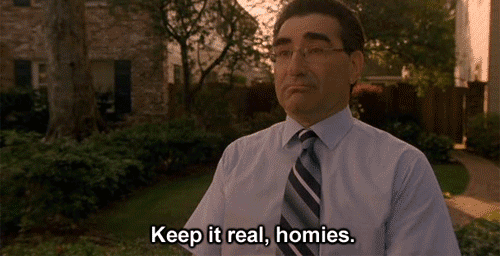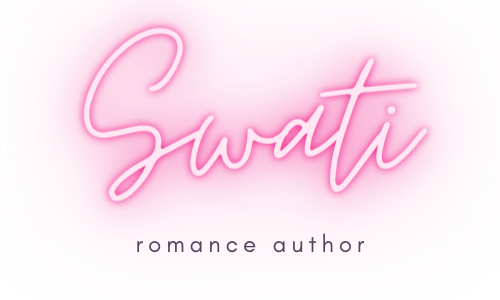
How to Write Dialogue in Fiction
Knowing how to write dialogue in fiction is one of the most important skills you need to master for a thriving author career. Without well-written and effective dialogue, your characters, scenes, and story might fall flat. Here are my 3 best dialogue writing tips for fiction writers.

One of my favourite things about writing fiction is, without a doubt, dialogue. I’m a very chatty person by nature, and there’s nothing I love more than listening in on strangers’ conversations at coffee shops (for research purposes, of course) and then writing fantastic dialogue for my characters.
But dialogue can be tough to master, especially because it’s one of the core things that make up a story. If your dialogue feels too slow, repetitive, or boring, it can slow down the pace. If it’s too rushed and leaves a lot up in the air, your characters won’t come alive. It’s a fine balance.
Here are 3 tips for writing dialogue in fiction that I personally use.
Cut the start and end

Say your main character (MC) is going on their first date with an attractive match from Bumble. You’d probably want to start the scene with them greeting each other, because that’s how first dates start, right? Greetings, awkward small talk, waiting to be seated at the restaurant…
And when the date ends, you’d think it would make sense for them to wish each other goodnight, maybe a hesitant kiss on the cheek, they watch the other walk away, blah, blah, blah. But unless this start or end conversation is important to the scene, the characters, or the plot… CUT. IT. OUT.
Skip directly to the meat of the scene. The real action. They’re sitting at the restaurant and the MC is checking the Bumble date out over the top of their menu. The date notices and says something cheeky. It builds chemistry, tension, humour. You get my point. And then, end the scene before it gets boring. The reader doesn’t care about the pleasantries. The reader cares about PLOT.
It’s pretty much like music

I don’t know what your taste in music is like, but for me, a good song is one that has a) a nice beat and rhythm, b) lyrics that evoke some emotion in me, and c) an engaging melody. Miss even one, and I probably won’t fall for the song.
It’s the same with dialogue! Mix up the lengths of your dialogue, make sure the back-and-forth between the two (or more) characters in the scene is rhythmic and engaging, and–most importantly–give it emotion. The beauty in any creative work is that it makes you feel something. Use that in your dialogue, too.
Be realistic… but not too much!

It’s important for your dialogue to sound like how real people talk (based on the time/place your story is set in). For example, a native English speaker in the year 2021, speaking to their best friend, probably won’t invite them out by saying, “Hello. How have you been? Would you like to have a drink with me?”
No, they’d probably say, “Hey, what’s up? Want to grab a drink at the bar tonight?”
But here’s the caveat: you also don’t want to be too realistic. Because when we talk in real life, we use a lot of “ums” and “ahs”, and we forget the right word to use, and we talk over each other, and it’s just a very messy conversation. Use interruptions and pause words sparingly, only when it adds to the character or the situation, or shows hesitance, awkwardness or discomfort.
So these were my 3 tips for writing dialogue in fiction! Which of these tips do you think you needed the most? What are some hacks you use to write dialogue? Comment below.
PS: If you want support with your manuscript, click here to read about my editorial services! And be sure to follow along on my author journey on Twitter by clicking here.
Love hard & dream big,

You May Also Like

How To Write a Damn Good Novel: My Writing Process
April 21, 2022
How to Write a Damn Good Romance Novel
March 13, 2022

